In 1997, Great Britain passed a near-total ban on private gun ownership following a despicable school shooting. Nearly 30 years later, despite its rich history in the advancement of civil rights, the country has arrived at an Orwellian state with mass surveillance and dramatic restrictions on speech. Did a massive restriction on the natural right to self-defense result in a regime oppressing free expression?
For centuries, Britain has been regarded as a cradle of democratic ideals and civil liberties. The Magna Carta of 1215 laid out the groundwork for the rule of law and individual rights. The 1689 Bill of Rights further enshrined freedoms such as speech and petition. In the 20th century, Britain’s resistance to Fascism and its role in drafting the European Convention on Human Rights reinforced its image as a defender of liberty.
Britain’s influence is undeniable, as our own legal system comes from a tradition of English common law, the teachings of John Locke, and others. In the 17th and 18th centuries, Britain saw fierce debates over press freedom, with figures like John Milton and John Stuart Mill advocating open discourse. Mill’s 1859 work “On Liberty” remains a foundational text defending free speech as essential to truth and progress.
Yet, the modern landscape tells a different story. Today, Britain faces a growing crisis over free speech, with increasing arrests, prosecutions, and social penalties for speech deemed “offensive” or “hateful.” Once celebrated for its robust public discourse and intellectual pluralism, Britain is now witnessing a troubling surge in restrictions on speech. The shift has been gradual but undeniable, reflecting deeper cultural and political changes.
Recent reports reveal that British police are making over 30 arrests per day for allegedly offensive online posts, amounting to more than 12,000 arrests annually. These include cases like that of Graham Linehan, the co-creator of the sitcom “Father Ted,” who was detained and questioned over social media posts expressing his views on transgender issues.
Other cases are even more troubling. The New York Post wrote on August 19: “Last October, Adam Smith-Connor, a 51-year-old Army veteran, was convicted and forced to pay a $12,000 fine for silently praying outside an abortion clinic in Dorset.” What makes this case stand out is that Mr. Smith-Connor was punished for an opinion he had not actually expressed outwardly. The U.K. officially arrived in and surpassed Orwellian 1984; they’re policing thoughts.
The Free Speech Union, founded by Toby Young, has seen its membership more than double in the past year — from 14,000 in mid-2024 to over 35,000 in 2025 — reflecting growing public concern over censorship. The organization reports a record number of requests for legal support and advocacy from individuals facing consequences for their speech.
Even the U.S. State Department has taken notice. Its 2024 Human Rights Report flagged the U.K. for “significant restrictions on freedom of expression,” citing criminal and civil laws used to suppress dissent and controversial opinions. In summer 2024, civic unrest had London’s Metropolitan Police Commissioner Sir Mark Rowley threaten to “come after” anyone whose speech violated British law — even outside of Britain. This was enough for U.S. Vice President JD Vance to comment on Britain’s troubling path towards becoming a police state during the Munich Security Conference. He stated that “…perhaps most concerningly, I look to our very dear friends in the United Kingdom, where the backslide away from conscience rights has placed the basic liberties of religious Britons in particular in the crosshairs.” He went on to remind us: “Democracy rests on the sacred principle that the voice of the people matters. There’s no room for firewalls. You either uphold the principle or you don’t.”
The British legal system has increasingly blurred the line between offensive speech and criminal behavior. What makes this practice so egregious is the fact that police forces routinely record “non-crime hate incidents” — even when no law has been broken — if a statement is perceived as offensive or discriminatory. These records can appear on background checks, affecting employment and education opportunities. Again, no criminal charges have been filed, yet these types of reports enter a person’s background check, something that reminds us of China’s social credit score.
Particularly concerning to all should be that there is no objective standard, which makes this ripe for abuse. Any statement, regardless of how harmless it may be, can be viewed as offensive. Further, the claim of having been offended cannot be verified. Critics argue that this creates a chilling effect, where citizens self-censor to avoid legal trouble or social ostracism.
In 1997, following the tragic Dunblane Primary School shooting, the British government enacted sweeping gun control laws, effectively banning private ownership of handguns. While the move was widely supported at the time, some critics now view it as a symbolic turning point in the relationship between the British state and its citizens.
The gun ban marked a shift from a society that trusted individuals to one that increasingly prioritized state control over personal liberties. In this light, the current crackdown on speech can be seen as a continuation of that trajectory — where the government assumes the role of arbiter, not just of physical safety, but acceptable thought and expression.
This phenomenon reflects a broader cultural and political shift toward paternalism, where the state seeks to protect citizens not only from harm but from ideas it deems dangerous. The 1997 gun ban removed a key symbol of individual autonomy; today’s speech laws threaten to remove the autonomy of thought.
Other Western countries we like to think of as strongholds of freedom and democracy are on similar paths. Germany and Australia, just to name a few examples, are seeing an increasing amount of draconian punishment for dissent and undesirable opinion.
In the United States, we like to think of ourselves as the last bastion of liberty and freedom, with the President often being called “the leader of the free world.” The gun community is especially vocal about the role of the Second Amendment in protecting our civil liberties from government overreach. The sentiment is, of course, that the Second Amendment is the one right that preserves all the others, acting as a safeguard. Let us ask then, would the British government have had the guts to enact these overreaching speech laws if people had been armed?
Certainly, guns alone are not a guarantee for anything if the people are complacent in accepting unjust laws that are being imposed upon them. Benjamin Franklin’s famous quote comes to mind: “Those who would give up essential Liberty to purchase a little temporary Safety, deserve neither Liberty nor Safety.”
A person’s stance on guns is often seen as a litmus test for all rights, liberties, and freedoms. If they look at guns favorably, they are likely supportive of other rights as well. If the government is not willing to restrict the right to keep and bear arms, they are unlikely to limit rights like speech. Once one allows government to heavily regulate (or, in Britain’s case, remove) the right to self-preservation, then what is speech? It’s nowhere near as consequential. Conversely, if we allow them to have a say in our ability to defend life, then what defense is there against them taking away speech?
When searching for a remedy to Britain’s increasingly tyrannical speech laws, the answer seems obvious – resistance. That does not, however, mean that a revolution or even civil war is imminent. Britain has not yet passed the point of no return, and elections, as well as petitions, are still viable options for now. However, as arrests mount and public discourse narrows, Britain must confront a difficult question: can a society that criminalizes speech still call itself free?


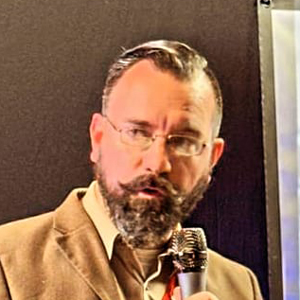

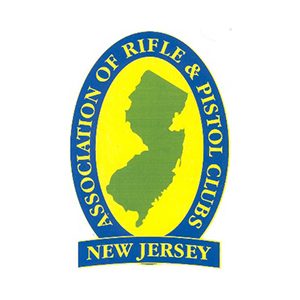



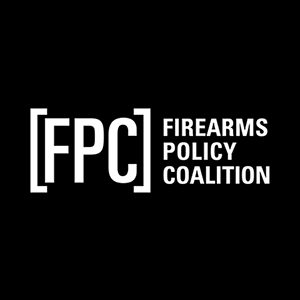

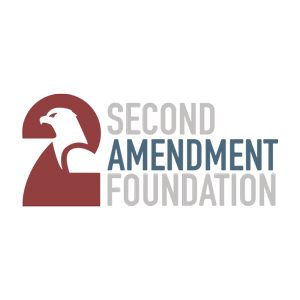
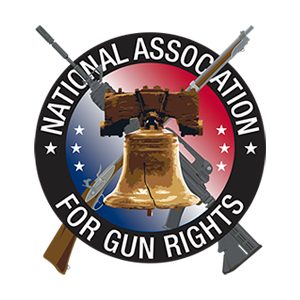
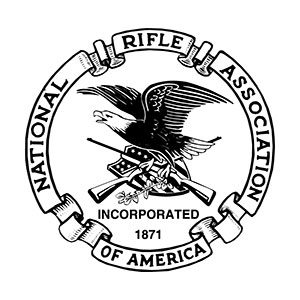


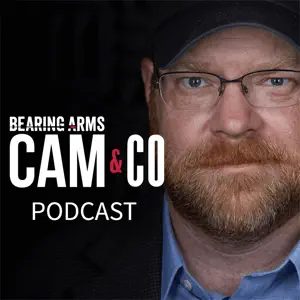
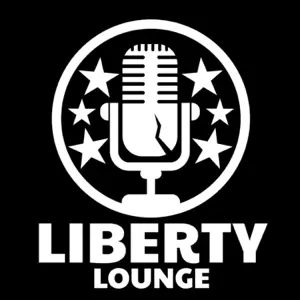


Orwell is spinning in his grave so much that he’s now a gyroscope. I look at the UK today and thank God the USA gained independence all those years ago when our founders rightly saw how easily tyranny takes root, and acted to prevent it here. It’s too late for the UK; they let themselves be disarmed decades ago!
A very well-written article: Excellent exposition of the issue and its timeline vis a vis Britain’s degradation of what we in the USA regard as the RKBA. While not essential to your thesis, I thought you might’ve pulled in the suppression of speech/thought in Britain as reactive to what some would regard as the immigrant crisis being borne by Britain and other European countries (France and Sweden come to mind). IMO, these three countries in particular (the ones with which I’m at least passingly familiar) seem to, little-by-little, have had their national identities gradually whittled away by uncontrolled immigration. Whenever… Read more »